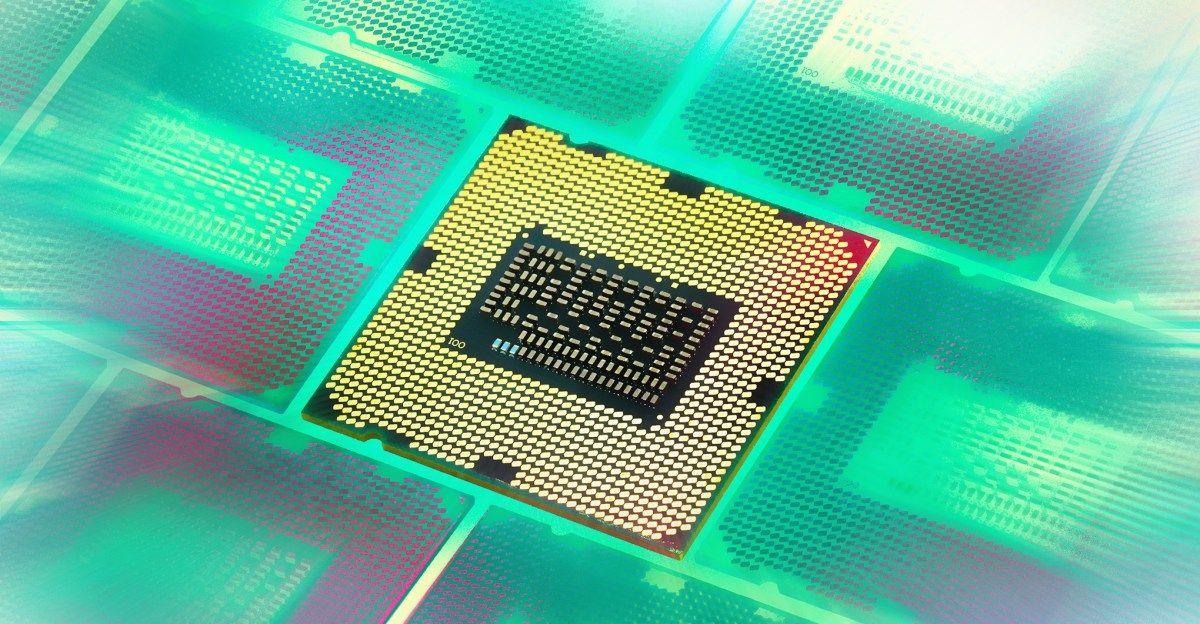US Blacklists Chinese AI Startup Zhipu, Deepening Tech Restrictions
2 Sources
2 Sources
[1]
US Blacklists Tencent-Backed AI Startup as Tech Curbs Deepen
Washington has added Tencent Holdings Ltd.-backed startup Zhipu to a trade-restrictions blacklist, taking aim at one of a handful of fledgling firms considered frontrunners in the race to develop an answer to OpenAI's ChatGPT. The US Department of Commerce on Wednesday named the startup to its entity list, which precludes US suppliers from selling to the company without a license, in another last-minute measure from the outgoing Biden administration. The move coincided with a fresh round of regulations aimed at keeping advanced chips such as AI accelerators from making their way to China.
[2]
US targets China's answer to OpenAI with trade blacklisting
Washington has blacklisted Zhipu, China's most prominent start-up developing large language models for artificial intelligence, as the Biden administration looks to consolidate its legacy of getting tough on Chinese tech. The Beijing-based company was singled out among China's leading LLM start-ups as it was added to the entity list, a compilation of companies deemed to be of national security concern and subject to trade restrictions, on Wednesday. Washington alleged Zhipu was advancing Chinese military capabilities through the integration of AI research, but the start-up said it "strongly disagreed" with the US move, which it said "lacked factual basis". Zhipu, founded by Tsinghua computer science professor Tang Jie, has developed LLMs similar to the ones that power OpenAI's ChatGPT. It has been working with local governments to deploy services, including chatbots for residents to ask administrative questions about rubbish collection and parking times. The start-up has also worked with Chinese and foreign companies with operations in China to deploy their LLMs for products such as tailored AI assistants. Zhipu and several affiliated companies were added to the US list, which in effect bars them from purchasing most American technology. "These rules will further target and strengthen our controls to help ensure that [China] and others who seek to circumvent our laws and undermine US national security fail in their efforts," said commerce secretary Gina Raimondo. One Zhipu investor said the move "should not impact Zhipu's existing operations, and most of its core tech is in-house and has little business overseas". The investor added that Zhipu being singled out by Washington could conversely "strengthen their positioning within China", as the government would have a stronger incentive to support its growth. Chinese state groups have stepped in with funding for companies under US sanctions, including AI start-up SenseTime and national champion Huawei. Zhipu is already backed by the state-run National Social Security Fund, Tencent, Alibaba Cloud, the venture capital groups HongShan and Hillhouse and Saudi Arabian fund P7. It received $400mn during a funding round in December. While many of China's LLM start-ups want to expand overseas, the investor said Zhipu could consolidate its lead by focusing solely on the domestic market. Washington's latest action also broadened the range of advanced chips that require licences in order to be shipped to China and introduced export controls on some scientific instruments used by drug developers, such as spectral flow cytometers and some liquid chromatography mass spectrometers. Chinese companies have already been banned from buying Nvidia's highest-end AI chips critical for model training and deployment, and the US this week introduced new geographical restrictions on the processors in an attempt to stem the black market flow of Nvidia chips to China. Also added to the entity list on Wednesday was Chinese chip designer Sophgo, under scrutiny last year for possibly supplying Huawei with processors made by Taiwan Semiconductor Manufacturing, circumventing US sanctions. Washington alleged the company was "acting at the behest of Beijing to further [China's] goals of indigenous advanced chip production".
Share
Share
Copy Link
The US has added Tencent-backed AI startup Zhipu to its trade blacklist, citing national security concerns. This move is part of broader efforts to restrict China's access to advanced AI technologies.

US Blacklists Chinese AI Startup Zhipu
The United States Department of Commerce has taken a significant step in its ongoing efforts to restrict China's access to advanced artificial intelligence technologies. On Wednesday, the department added Zhipu, a prominent Chinese AI startup backed by tech giant Tencent, to its entity list, effectively blacklisting the company from accessing U.S. technology without special licenses
1
.Implications for Zhipu and China's AI Ambitions
Zhipu, founded by Tsinghua University computer science professor Tang Jie, has been developing large language models (LLMs) similar to those powering OpenAI's ChatGPT. The company has been working with local governments to deploy AI services, including chatbots for administrative queries, and has collaborated with both Chinese and foreign companies operating in China
2
.The U.S. government alleges that Zhipu is advancing Chinese military capabilities through the integration of AI research. However, Zhipu has strongly disagreed with this assessment, stating that the U.S. move "lacked factual basis"
2
.Broader Context of U.S.-China Tech Tensions
This blacklisting is part of a broader set of measures aimed at limiting China's access to advanced technologies:
-
The Biden administration has introduced new regulations to prevent advanced chips, including AI accelerators, from reaching China
1
. -
Export controls have been placed on certain scientific instruments used in drug development
2
. -
Chinese chip designer Sophgo has also been added to the entity list, accused of aiding Beijing's goals of indigenous advanced chip production
2
.
Related Stories
Potential Impact and Industry Response
While the blacklisting may hinder Zhipu's access to U.S. technology, some industry insiders believe it could potentially strengthen the company's position within China. An unnamed Zhipu investor suggested that the move "should not impact Zhipu's existing operations" as most of its core technology is developed in-house
2
.The investor also noted that this action might lead to increased support from the Chinese government, potentially consolidating Zhipu's lead in the domestic market. This aligns with previous instances where Chinese state groups have stepped in to fund companies under U.S. sanctions
2
.As tensions continue to escalate in the global AI race, these developments underscore the complex interplay between national security concerns, technological advancement, and international competition in the rapidly evolving field of artificial intelligence.
References
Summarized by
Navi
Related Stories
OpenAI Flags Chinese Startup Zhipu AI as Major Competitor in Global AI Race
26 Jun 2025•Technology

US Tightens Chip Export Controls to China, Blacklists Chinese AI Firms
14 Jan 2025•Business and Economy

US Expands Export Blacklist, Targeting Chinese AI and Computing Capabilities
26 Mar 2025•Policy and Regulation

Recent Highlights
1
French Police Raid X Office as Grok Investigation Expands to Include Holocaust Denial Claims
Policy and Regulation

2
OpenAI launches Codex MacOS app with GPT-5.3 model to challenge Claude Code dominance
Technology

3
Anthropic releases Claude Opus 4.6 as AI model advances rattle software stocks and cybersecurity
Technology





